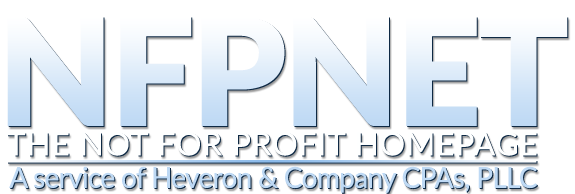Purchasing Policies for Nonprofits That Are Not Required to Have Federally Compliant Purchasing Policies
If you have federal awards that reimburse costs for programs you operate, you should have a compliant purchasing policy in place now.
If you aren’t required to have a federally compliant purchasing policy, you might benefit from some of the wisdom and best practices required for these policies.
Consider the following, and start with your objectives to:
limit purchases to necessary items
minimize the possibility of theft or misuse
control costs while ensuring quality
comply with funder requirements and regulations, and
properly identify the programs that benefit from the service
Any conflicts of interest with purchasing should be prohibited.
Objectives for purchases should be documented, for example:
Purchases must be necessary and reasonable for the performance of the activity.
Economical purchase procedures (such as consolidation of purchases), and lease versus purchase, where appropriate, should be considered.
Federal purchasing rules put purchases in the three categories based on their size, let’s call them small, medium and large, with increasing oversight based on the size. For smaller purchases, just be thoughtful and consider different vendors. For larger purchases, investigate pricing and consider a lease versus purchasing. For the largest purchases, use competitive bidding-sealed bids for construction contracts.
Federal rules also strongly encourage purchases from minority and woman-owned businesses. By the way, Heveron & Company, CPAs is a New York State certified woman owned business.
Finally, your policy should state that any violations of the policy will be subject to disciplinary action.
